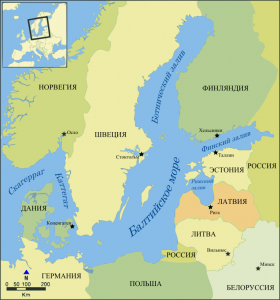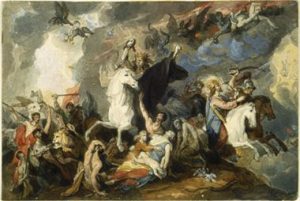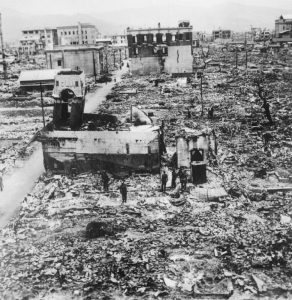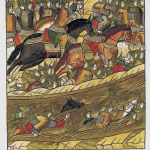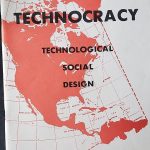Modern people, journalists and government people especially, like to talk about events in terms of “the narrative,” as if the real world events they’re describing are elements of fiction and not accumulations of fact. For a while now, this has disturbed me. Shouldn’t such people, possessors of the public trust and the duty of honestly informing the people, be telling the simple truth about things that verifiably happened and not “constructing a narrative” about them? Because to my mind, constructing a narrative is not the same as providing a truthful account of something, nor is it consistent with the intention of fully informing one’s auditor. It’s not that at all. Rather, shaping the narrative is one systematic and insidious step removed from “spin.” Meanwhile, spin is at least honest about its intentions which are to mislead, even to lie (almost). A constructed narrative is not.
But perhaps I’m getting ahead of myself. First, there is the factual telling of a real-world incident or situation. This is what we expect from government officials and their journalists (naively, of course).
Then there is the self-serving use of language to tell the same story in such a way that the listener gets the impression that the narrator wants them to get, even though that impression is not true. An honest government with honest motives would not need to construct narratives. This should tell us something about the quality of information fed to us by spokespeople and media. But maybe I’m still not making myself clear.
Example: A country (let’s call them The Enemy) invades another country (The Proxy) after years of manipulation and tinkering on the part of a third nation which would like to take out The Enemy by having the proxy country fight them in a war. This third country (let’s call them The Instigator) tells people that The Enemy has wantonly invaded the The Proxy without any provocation at all in order to fulfill its goal of world domination. Many if not most people, hearing this narrative, believe it to be true, despite any stubborn facts to the contrary. But in the current instance, the only part of the narrative that is strictly true is that The Enemy has invaded The Proxy. The rest is spin: language employed to convey the false impression that The Enemy is solely at fault for a state of affairs that was largely set in motion, not by The Enemy but by The Instigator.
If we actually cared, we would have a problem with people in positions of public trust “shaping the narrative”–by so doing, the truth gets drowned in waves of false allegation, and we the people who listen uncritically to these narratives are misled, perhaps because we want to be, but misled all the same. Like it or not, we accept lies and half-truths as truth.
For a long time, this has gone on. People love to tell stories; embellishing the truth is a time honored tradition of tall tale tellers from the fireside hearth to the halls of Congress. But when we create names for this phenomenon which make it plain that we know the stories we’re telling ourselves are lies, and then use those lies to justify very dangerous and damaging real-world actions (such as wars and slander), yea, when we speak of constructed narratives as though they were true accounts of real events composed of indisputable facts, then we are miles past the use of fiction for entertainment (as in the art of creative writing) and well into the territory of self-serving mendacity.
Although no one really knows why this is so1, we do know that lies are harmful and the truth is good. It’s just that unless one’s actions are motivated by a desire to do good, telling the truth can be hard and painful. Hence we lie, or as we say today, spin.
In the case of government officials and so-called politicians, we do this as a matter of course—it’s what we do, our modus operandi, our standard operating procedure. Constructing the narrative in this context has no other purpose than to mislead and consequently, to elicit a desired response from the people who believe us. It’s consciously taking the facts as we know them and twisting them with other facts or convincingly-worded half-truths, and telling a different story—one that’s in line with our interests, not those of the people we purport to serve. The established practice of spin is manipulative and frankly rotten, and we shouldn’t tolerate it, much less make up innocuous sounding labels for it like “shaping the narrative,” as though we were just rounding off a few rough edges, although, in fact, that’s just what we are doing—the omitting the inconvenient facts that tell the real story, the whole story, the truth and nothing but the truth.
But then, people don’t naturally tend to be truth-tellers. Here in America, we need to be made to swear on a Bible (an obsolete sacred book) under penalty of law that we will tell the truth before we will do so reliably. And even then, we might not, the Ten Commandments be damned. So when someone talks about the narrative, beware. This is not an honest rendering of fact. On the contrary–you are being lied to.
1 So: a needle pulling thread… conjunction meaning (in this case) “the case” or (to translate, “why this is the case” or “why this is true.”
